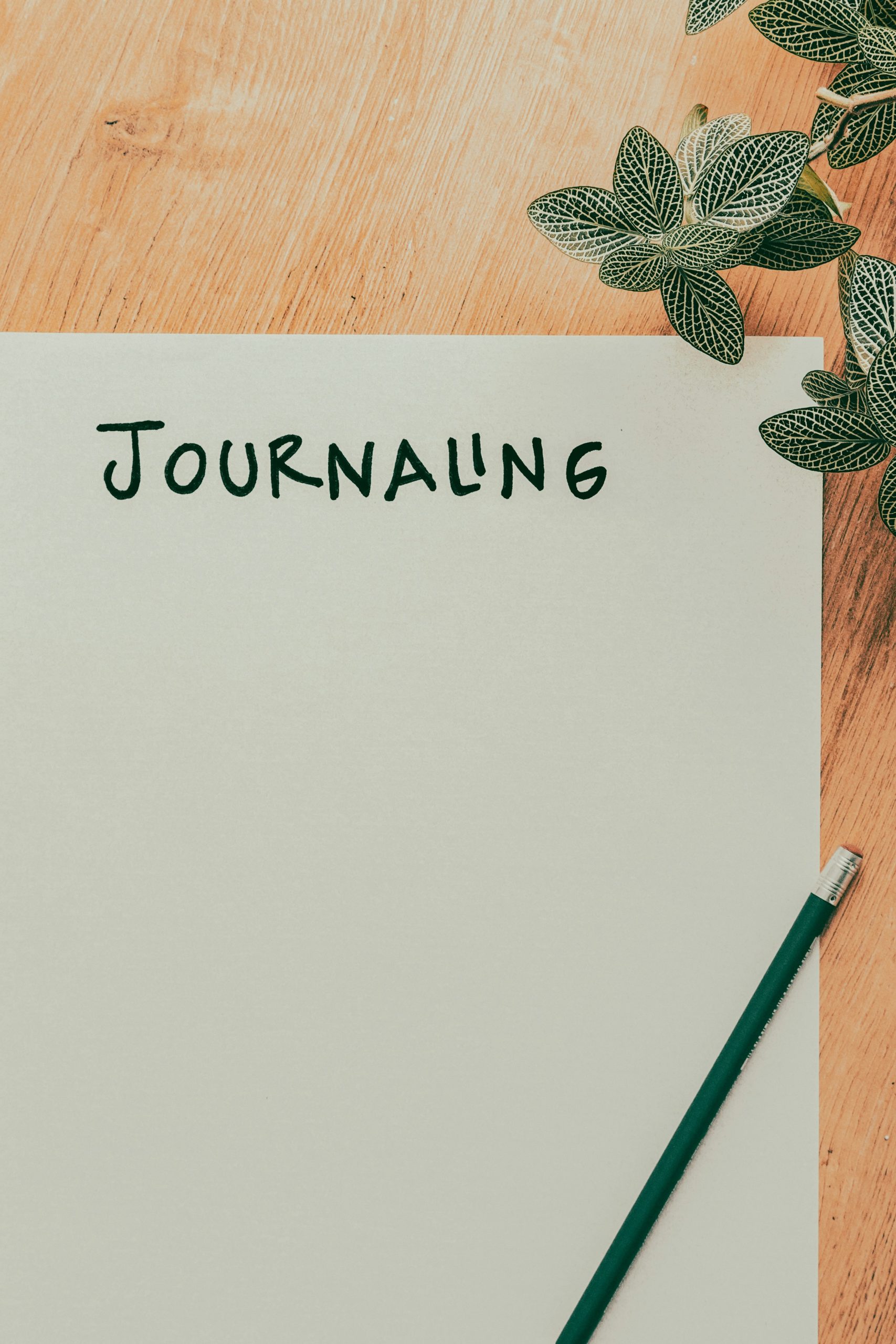Discovering the Therapeutic Benefits of Journalling
I am a big believer in the power of getting it all out! This obviously takes place verbally in the therapy room, but that’s only an hour a week – what about the times when you are unable to access therapy? This is where journalling can be helpful to enhance self-awareness, emotional regulation, and personal development, simply by letting it out!
The Power of Journaling
Journalling is more than putting pen to paper; it’s an intentional practice that allows you to process emotions, clarify thoughts, and even uncover hidden patterns in your behaviour. Studies show that regular journaling can reduce stress, boost mood, and improve emotional health.
Journalling offers a private space to explore our thoughts and feelings, helping us to understand ourselves better. It can help clarify emotions, reduce stress, and provide insights into personal challenges we might be facing. If you are new to journalling, it can feel a bit intimidating, so here are seven ideas to help get you started.
Effective Journaling Techniques
- Free Writing: Set aside time to write continuously without self-editing. This technique allows unfiltered expression, helping to uncover underlying thoughts and emotions. Be curious about where the process will take you…
- Morning Pages: Inspired by Julia Cameron’s “The Artist’s Way,” this practice involves writing three pages of stream-of-consciousness first thing in the morning. It can clear your mental clutter and spark creativity.
- Gratitude Journalling: Regularly noting things you’re grateful for can shift focus from negative to positive aspects of your life, and create a more optimistic outlook. Reflecting on specific details—like the warmth of your morning tea or a kind smile from a stranger—can make this practice even better.
- Brain Dump Journalling: Write down all your thoughts and tasks in a single session to declutter your mind, reduce overwhelm, and boost focus. This doesn’t need to be linear; a mind map approach can be helpful for this.
- Art Journalling: For those who prefer images, you can combinewords with sketches, doodles, or colours to express yourself. This creative approach can be particularly useful when words feel limiting. It’s a form of self-expression that taps into emotions and ideas you may not have been aware of.
- Prompt based journalling: Sometimes, knowing what to write can be challenging. Use prompts such as “What’s been on my mind lately?” or “What do I need to let go of?”. There are lots of journals available to buy that have prompts in them if you feel structure would be helpful to you.
- Bullet Journalling: Some people like organising their thoughts, tasks, and goals using bullet points. This structured method can improve productivity and mindfulness helping them feel more calm and in control.
- Emotional Release Journalling: If you’re feeling overwhelmed, try using your journal as a safe space to release emotions. Pour out your anger, sadness, or confusion onto the page without fear of judgment. This can be incredibly cathartic and provide a sense of relief.
Getting Started with Journalling and making it a habit
- Find Your Space: Create a calm, distraction-free environment where you feel comfortable reflecting.
- Select Your Medium: Choose a journal that feels right for you, whether it’s a traditional, blank notebook, a journal with guided questions, or a digital platform.
- Start Small: Dedicate just 5-10 minutes a day to writing. Consistency matters more than the length of your entries.
- Establish a Routine: You could dedicate a specific time each day for journalling to build consistency. However, journalling doesn’t have to be daily—adapt the practice to your lifestyle, whether it’s a few times a week or as needed during emotional moments.
- Write Authentically: Express your thoughts honestly without self-judgment; your journal is a safe space. Make sure it is kept in a place that is private to you so that you can write without fear of judgement.
- Reflect and Review: Regularly revisit your entries to observe patterns and personal growth over time or notice areas that may need attention.
No Pressure to Be Perfect
Focus on the act of journaling itself rather than creating beautifully written or structured entries. Let your thoughts flow freely.
Personalise Your Approach
Combine techniques or develop your own style to create a journaling practice that feels authentic and sustainable for you.
Integrating Journalling into Therapy
If you are in therapy, then journalling can be incorporated into your therapeutic process by deepening self-exploration and complement the work you do with your therapist. Counsellors are always appreciative of any work you do outside of sessions as it helps you to get the most from the time with them each week and can often help you reach your counselling goals more quickly.
Start Journaling Today
Whether you’re looking to process emotions, tap into your creativity, or simply clear your mind, journalling is a simple, yet I believe, transformative practice. Ready to begin? Grab your notebook and get it all out! If you’re looking for counselling services in Tunbridge Wells to support your journey, don’t hesitate to reach out—help is just a message away…





